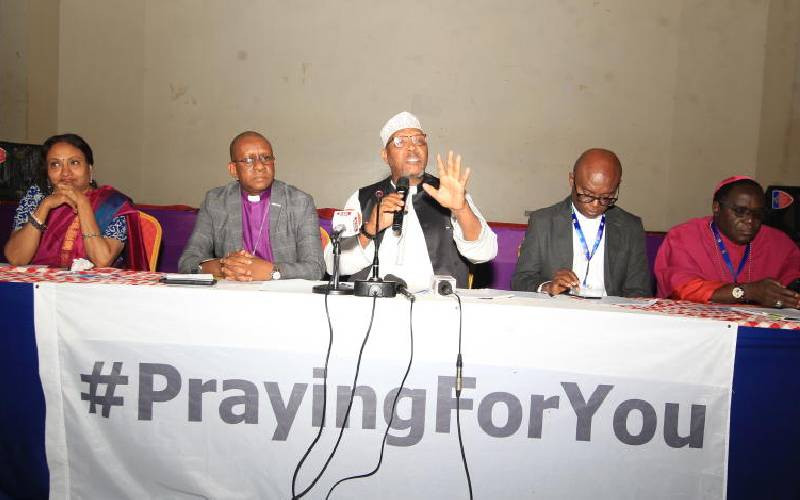×
The Standard e-Paper
Smart Minds Choose Us

Maasais have remained true to their creation story and believe all cows belong to them. They are the cattle people. To eat the best-roasted meat takes a drive out of the city to a place in Maasailand.
The community has taught others how to care for cows in the field and how to serve them on a plate. On the contrary, Christians as custodians of the Genesis creation story show little connection with Eden.